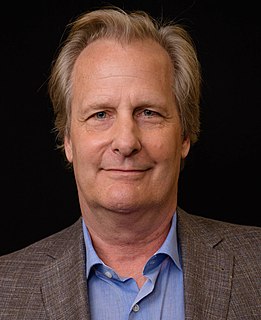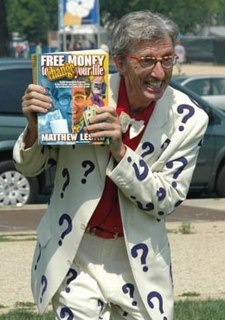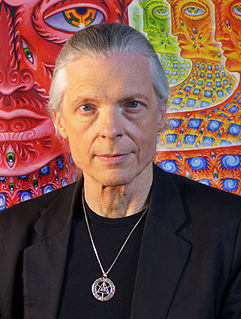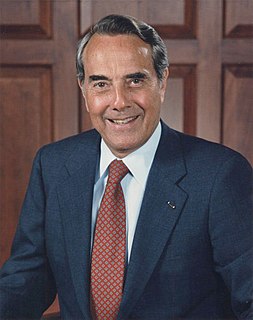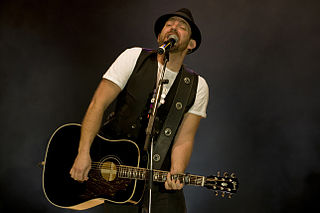A Quote by Jeff Daniels
I went to Walter Reed hospital a couple of times to visit wounded soldiers, kids with no legs and one arm. You start to question some things.
Related Quotes
One of the great things about being commander in chief is getting to know our men and women in uniform in a very intimate way, whether it's visiting Walter Reed and seeing our wounded soldiers, or being on a base and talking to families, or interacting with them on missions. They're the best of the best: always thinking about the mission, not thinking about credit, not thinking about who's up front.
Soldiers may be wounded in battle and sent to a hospital. A hospital isn't a shelf. It's a place of repair. And a soldier in the spiritual army is never off his battlefield. He is only removed to another part of the battlefield when a wound interrupts what he was meant to do, and sets him doing something else.
One of the lessons learned during the Vietnam War was that the depiction of wounded soldiers, of coffins stacked higher than their living guards, had a negative effect on the viewing public. The military in Iraq specifically banned the photographing of wounded soldiers and coffins, thus sanitizing this terrible and bloody conflict.
Humanity has to start noticing that we are One. We are connected with the net of beings who are the life of this planet - and before we take them all down, we ought to see what we can do to preserve this unique and extraordinary family. That's what I think the wounded healer would do. We're all wounded in one way or another. The question is, can we heal?
